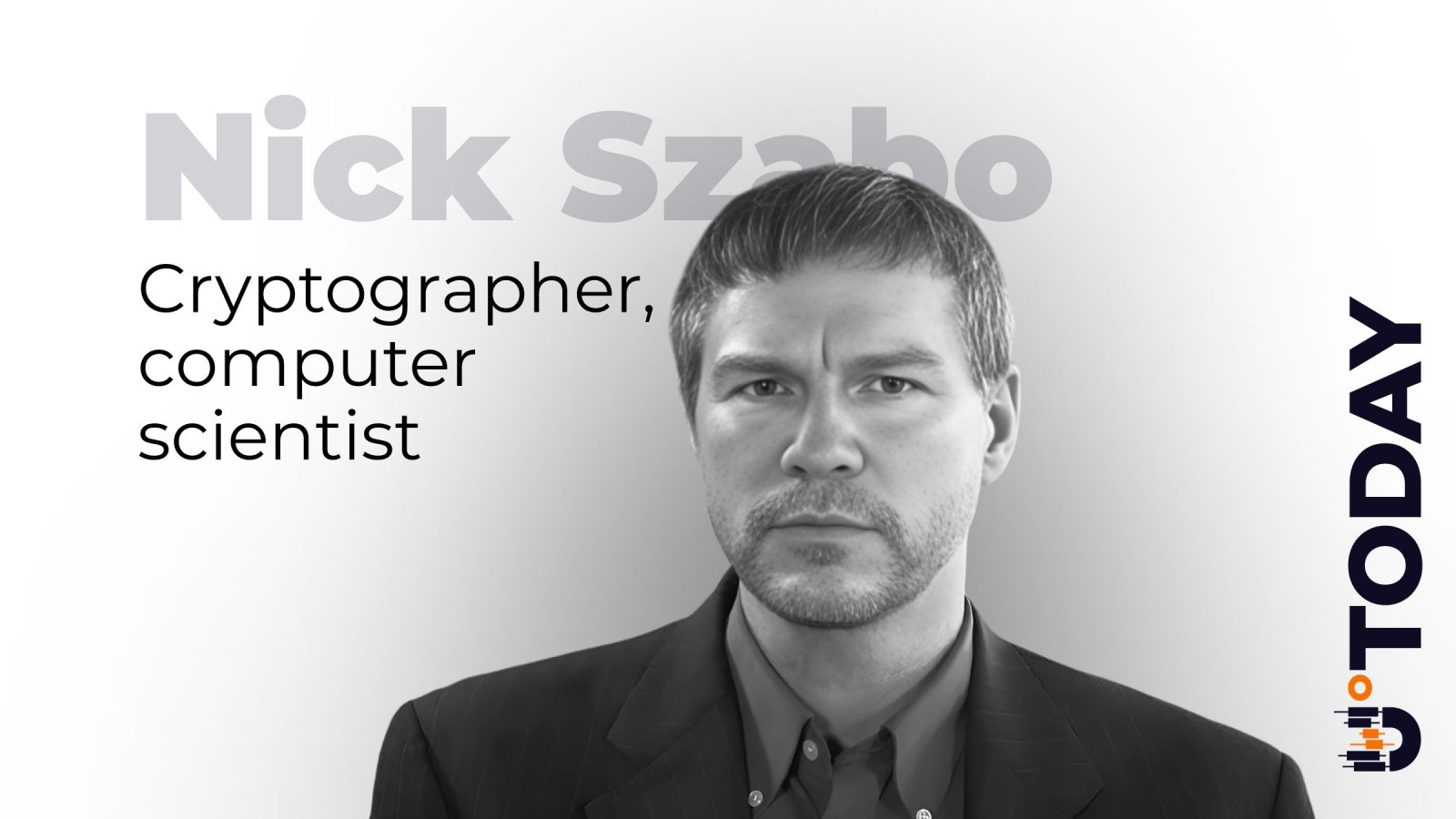In his recent social media post, American computer scientist and legal scholar Nick Szabo challenged the common notion that Bitcoin is completely trustless. Within crypto circles, the term “trustless” is often used to imply that Bitcoin operates entirely without trust. However, Szabo argues that this idea is misleading. Instead, Bitcoin is better described as “trust-minimized.”
Being trust-minimized means that, while users do not need to place their trust in a central authority to maintain the ledger, they still rely on certain assumptions. For example, one must assume that developers properly maintain the protocol. Network participants are also expected to follow the established consensus rules. Additionally, there is an underlying assumption that legal and social frameworks will not entirely shut Bitcoin down.
Szabo warns against viewing Bitcoin—or any other cryptocurrency or blockchain protocol—as a “magical anarcho-capitalist Swiss army knife” capable of withstanding any governmental attack in every legal area. Such thinking, he suggests, is unrealistic.
### Legal Attack Surface
Szabo introduces the concept of a “legal attack surface,” which refers to the various ways governments or private entities could use laws to disrupt cryptocurrencies. For instance, regulators might ban Bitcoin exchanges or outlaw transactions involving Bitcoin.
While Bitcoin’s layer-1 blockchain can resist interference far better than centralized systems, Szabo emphasizes that there are limits. Bitcoin cannot magically survive every possible legal attack. He notes that arbitrary data embedded in the blockchain, such as “ordinals,” could increase the risk of legal challenges.
### The Need for Expertise
According to Szabo, the crypto industry currently lacks adequate expertise to manage these unpredictable legal risks effectively. The system requires diligent developers who can maintain a trust-minimized design amidst evolving challenges. It also needs seasoned legal experts who understand the complex regulatory landscape.
Finally, the community—users and other stakeholders—must maintain a sufficient level of awareness about these risks to support the resilience and continued growth of Bitcoin and other cryptocurrencies.
In summary, while Bitcoin reduces the need for trust in central authorities, it is not entirely trustless. Recognizing its limitations and preparing for legal challenges are essential steps for the future of decentralized technologies.
https://u.today/nick-szabo-bitcoin-isnt-trustless



